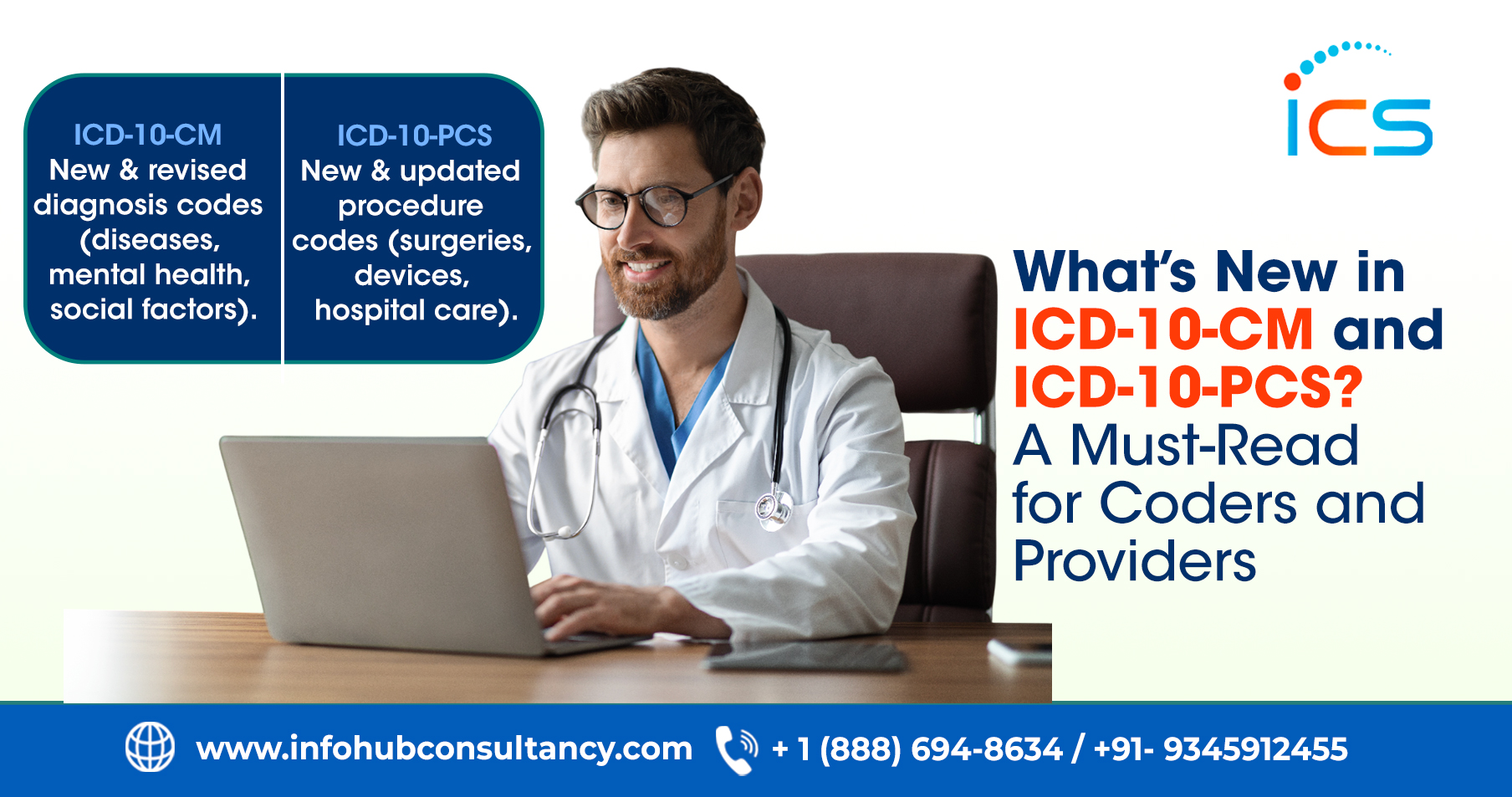Mental health billing is evolving rapidly due to regulatory updates, technological advancements, and changing reimbursement models. As mental health services gain recognition, providers and billing professionals must stay informed to ensure accurate reimbursements and smooth financial operations.
With a focus on value-based care, expanding telehealth services, and increasing regulatory oversight, mental health billing in 2025 will demand adaptability and innovation. This article highlights key trends that will shape the industry and strategies to maintain compliance and financial stability.
1. Shift Toward Value-Based Billing
Traditional fee-for-service billing is being replaced by value-based billing, which prioritizes patient outcomes over service volume. This aligns with the Medicare Access and CHIP Reauthorization Act (MACRA) and the Merit-Based Incentive Payment System (MIPS) framework.
Why It Matters:
- Encourages effective treatment instead of excessive services.
- Reduces overall healthcare costs by eliminating unnecessary procedures.
- Aligns with federal healthcare reforms focused on efficiency.
MIPS 2025 Update: Providers offering mental health services must report on new quality measures, such as patient engagement and outcome-based assessments.
Recommended Codes for Value-Based Billing:
- G2212: Prolonged office or other outpatient evaluation and management services.
- 99484: Care management services for behavioral health conditions.
2. Telehealth Billing Expansion
Telehealth has revolutionized mental healthcare, improving access for patients facing geographic or mobility barriers. New billing regulations in 2025 will significantly impact how providers charge for virtual consultations.
Key Developments:
- Expanded Insurance Coverage: CMS now reimburses telehealth services under the 2025 Physician Fee Schedule (PFS), with coverage parity for telehealth and in-person visits.
- Updated CPT Codes for Teletherapy:
- 90834: Individual psychotherapy, 45 minutes (including telehealth).
- 90837: Individual psychotherapy, 60 minutes (including telehealth).
- State-Level Parity Laws: More states have adopted parity laws, ensuring telehealth services are reimbursed at the same rate as in-person care.
Regulatory Reference: CMS Final Rule for Telehealth Services 2025 expands coverage for mental health services delivered via audio-only platforms.
3. AI Integration in Billing
Artificial Intelligence (AI) is transforming mental health billing by improving accuracy, automating repetitive tasks, and minimizing errors.
Benefits of AI in Billing:
- Automated Claim Processing: Reduces human errors and accelerates reimbursements.
- AI-Powered Coding: Ensures the correct codes are used, lowering the risk of denials.
- Fraud Detection: Identifies anomalies in claims before submission.
AI Tools to Consider: Tools like Kareo, AdvancedMD, and Vericle now integrate AI modules to streamline mental health billing workflows.
4. Expanding Insurance Coverage for Mental Health
Mental health parity laws are driving expanded insurance coverage, making treatments more financially accessible.
Impacts on Billing:
- Increased Reimbursement Opportunities: The Mental Health Parity and Addiction Equity Act (MHPAEA) is now strictly enforced with new compliance guidelines for insurers.
- Stricter Audits: Insurers are required to submit annual parity compliance reports under updated MHPAEA 2025 provisions.
Key Billing Codes for Expanded Services:
- 96127: Brief emotional/behavioral assessment with scoring and documentation.
- 99492: Initial psychiatric collaborative care management.
5. Compliance with CMS Regulations
The Centers for Medicare & Medicaid Services (CMS) continuously updates its regulations, requiring mental health professionals to stay compliant to avoid penalties and claim denials.
New CMS Requirements for 2025:
- Stricter Documentation Standards: All mental health claims must now include detailed treatment plans and progress notes.
- Enhanced Billing Accuracy Enforcement: CMS has increased audits for telehealth claims to prevent fraudulent billing.
- Updated Reimbursement Policies: CMS has expanded reimbursement for audio-only telehealth services under certain behavioral health codes.
Regulatory Reference: CMS Medicare Physician Fee Schedule (MPFS) Final Rule 2025
6. Growth of Bundled Payment Models
Bundled payments, which reimburse providers for an entire treatment plan rather than individual services, are gaining popularity in mental health billing.
Advantages:
- Encourages comprehensive, outcome-driven care.
- Simplifies administrative tasks by reducing multiple claims.
- Enhances financial predictability for mental health practices.
Bundled Payment Example: A 90-day bundle for depression treatment may include psychotherapy sessions, medication management, and follow-up visits.
CMS Model Reference: Bundled Payments for Care Improvement (BPCI) Advanced Program 2025 Update
7. Patient-Centered Billing Practices
Billing complexities often create financial stress for patients. In 2025, there is a shift toward more transparent and flexible billing models.
Key Trends:
- Transparent Pricing: Clear cost estimates help patients understand their expenses.
- Flexible Payment Plans: Monthly installments improve affordability.
- Simplified Insurance Claims: Easy-to-read statements reduce confusion.
Recommended Action: Integrate patient-friendly billing portals such as those offered by eClinicalWorks and AthenaHealth.
8. EHR Integration with Billing Systems
Integrating Electronic Health Records (EHR) with billing systems improves workflow efficiency and accuracy.
Why It Matters:
- Reduces paperwork by syncing digital records.
- Enhances coding accuracy, minimizing claim rejections.
- Speeds up reimbursement processes, reducing payment delays.
Best Practice: Use EHRs with built-in billing modules, such as Practice Fusion and eClinicalWorks, which support automated claim submissions.
9. Addressing the Billing Specialist Shortage
As mental health billing becomes more complex, the demand for skilled billing professionals is rising. However, a shortage of trained specialists presents challenges for providers.
Solutions:
- Train In-House Staff: Offer workshops on new CMS guidelines and CPT code updates.
- Outsource Billing: Partner with specialized medical billing companies like Info Hub Consultancy Services (ICS).
- Invest in AI Software: Use AI-driven platforms for coding and claims submissions.
10. Advancements in Prior Authorization Processes
Prior authorization requirements for mental health services have traditionally been complex and time-consuming. In 2025, automated prior authorization systems will help streamline approvals and reduce claim delays.
Improvements:
- Automated Systems: AI-driven tools expedite approvals.
- Standardized Guidelines: Reducing variability among insurers.
- Faster Turnaround Times: Minimizing disruptions to patient care.
CMS Guidance 2025: New mandates require insurers to respond to electronic prior authorization requests within 72 hours for urgent cases.
11. Enhancing Claims Denial Management
Claims denials continue to challenge mental health providers, leading to revenue losses. In 2025, proactive denial management strategies will be crucial for financial stability.
Key Approaches:
- Real-Time Eligibility Verification: Reduces submission errors.
- Automated Resubmissions: Speeds up denied claim corrections.
- Improved Documentation Standards: Ensures compliance and accuracy.
Recommended Software: Use RCM tools like Vericle and eClinicalWorks with built-in denial management dashboards.
Conclusion
As we move into 2025, mental health providers must adapt to new billing trends, including value-based care, telehealth expansion, AI integration, and patient-centered billing. Staying informed about regulatory changes and adopting new billing models will help providers improve reimbursements and reduce administrative burdens.
For mental health practices looking to streamline their billing operations, partnering with a reliable outsourcing medical coding and billing service provider like Info Hub Consultancy Services (ICS) is the best solution. With expert services tailored to your practice’s needs, ICS can help reduce billing errors, ensure compliance, and maximize reimbursements.
Why Choose ICS for Your Mental Health Billing?
- Proficiency in 40+ Specialties: Including behavioral health and psychiatry.
- Certified Coders & Billers: Experienced with CPT and HCPCS codes specific to mental health.
- Software Expertise: Skilled in platforms like AllScripts, Kareo, NextGen, eClinicalWorks, and more.
- Proven Results: 30% increase in revenue for U.S. healthcare providers.
Contact Info Hub Consultancy Services today to optimize your mental health billing and maximize your revenue potential!

 Medical Billing
Medical Billing  6 mins read
6 mins read 










